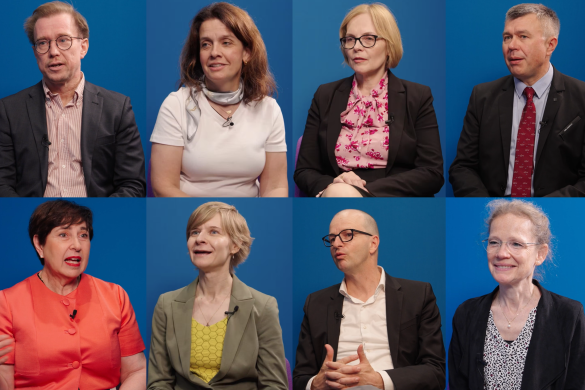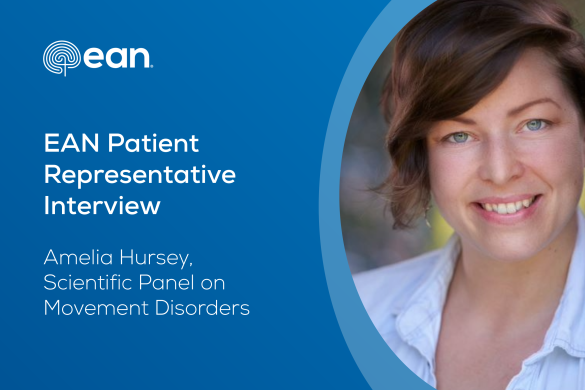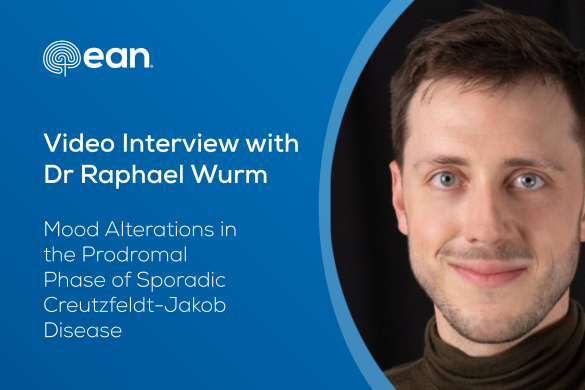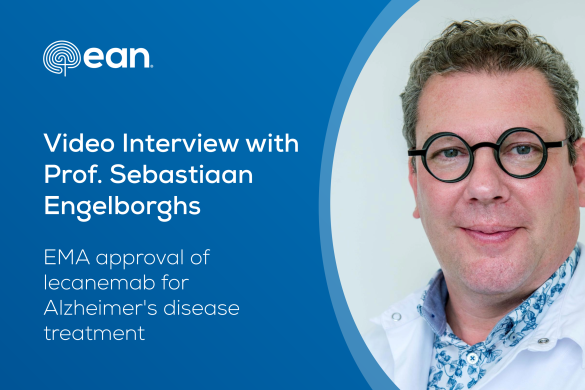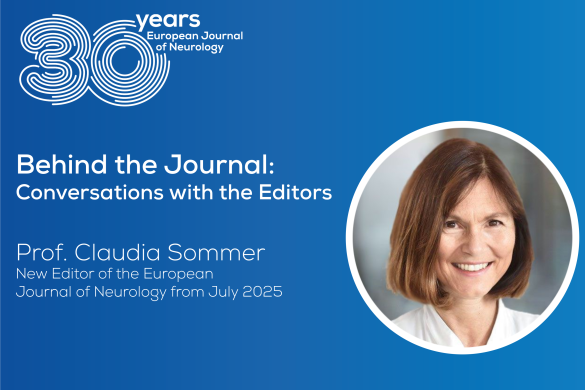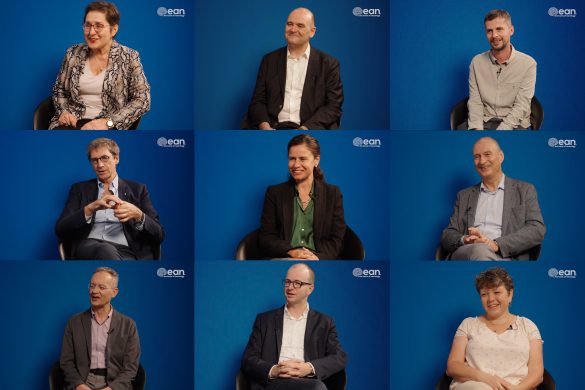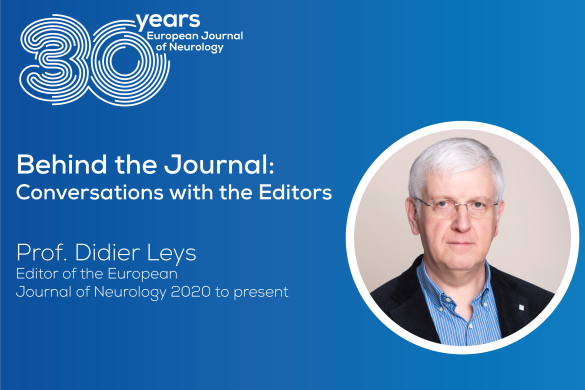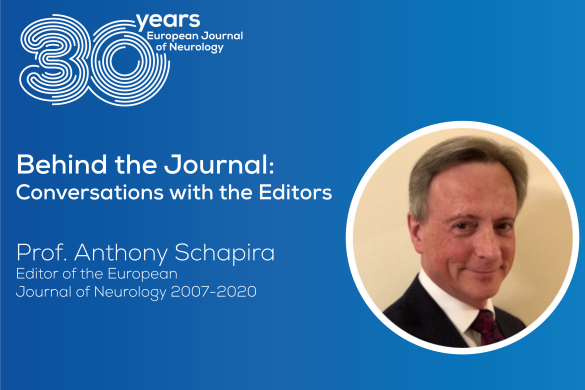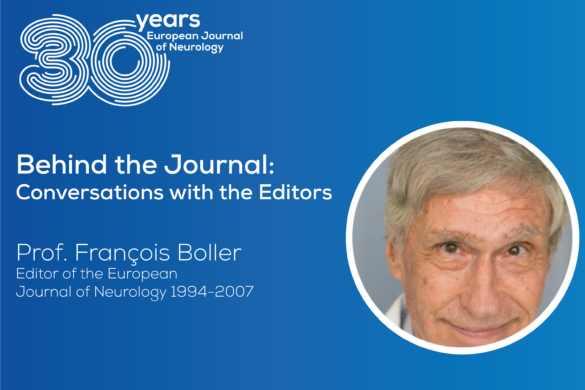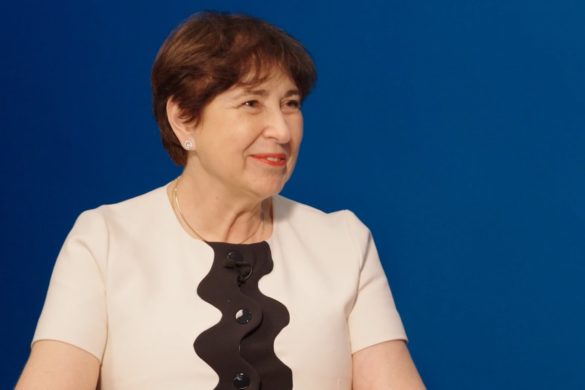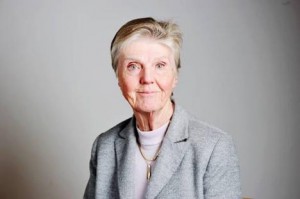 Professor Babro Westerholm is a Swedish Liberal People’s Party politician. She has been a member of the Riksdag since 2006. She was previously a member from 1988 to 1999. From the mid 1960s Westerholm was an early pioneer in the field of pharmacovigilance, also working on the early stages of the WHO Drug Dictionary and the WHO Programme for International Drug Monitoring. In 1979 as general director of the Swedish National Board of Health and Welfare, she had homosexuality dropped from the list of mental health diseases.
Professor Babro Westerholm is a Swedish Liberal People’s Party politician. She has been a member of the Riksdag since 2006. She was previously a member from 1988 to 1999. From the mid 1960s Westerholm was an early pioneer in the field of pharmacovigilance, also working on the early stages of the WHO Drug Dictionary and the WHO Programme for International Drug Monitoring. In 1979 as general director of the Swedish National Board of Health and Welfare, she had homosexuality dropped from the list of mental health diseases.
In 2009 she was awarded the Nordic Public Health Prize for work to fight discrimination against the elderly.
Gian Luigi Lenzi (GLL): When is it that old age becomes a “disease”?
Babro Westerholm (BW): Old age is not regarded as a disease, but as an old person you may suffer from one or more diseases.
GLL: Are there projects (EMA and/or WHO) that aim at increasing the years of full healthy life in the very old (years without major diseases)?
BW: The year 2012 is the European Year of Active Aging and Solidarity between Generations. There are a number of activities going on in member states and also at the European level. One example is The European Innovation Partnership on Active and Healthy Aging. You can find more at:
http://ec.europa.eu/research/innovation-union/index_en.cfm?section=active-healthy-ageing
GLL: How could EFNS interact with EMA and WHO to achieve these goals?
BW: Contact the person responsible for old age questions at the Regional WHO Office in Copenhagen and maybe also at the Head Quarters in Geneva. EMA, the European Medicines Agency is responsible for the approval of medicines and the European pharmacovigilance programme. If you are not represented in any of its expert groups you should contact the Agency about possible representation.
GLL: A major problem is that “dementia” belongs to many areas which tend to have only very little contact between them e.g. geriatrics, psychiatry neurology. What could there be done to break down these cultural barriers/frontiers?
BW: Make contact with the leading persons of the organisations for geriatrics, psychiatry and neurology but also primary health care and bring up the question to break down possible cultural barriers with regard to dementia. You may find differences between countries here with more problems in some than in others.
GLL: Thank you for your time.




